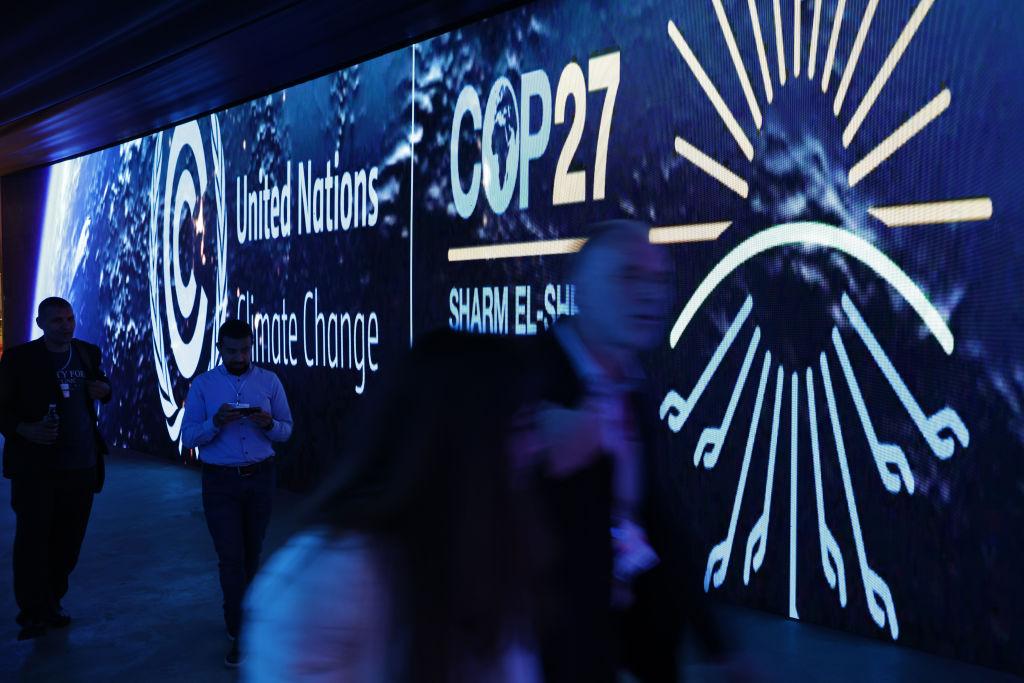The Environment Department has pledged to reduce costs associated with future climate change conferences after questions were raised about $1.77 million being spent on hotel rooms for delegates to a United Nations climate change conference in Egypt last year.
“Our goal is always to keep the costs at a minimum if possible for such an event,” Chris Forbes, deputy minister of environment, told the House Environment committee on March 27, as first reported by Blacklock’s Reporter.





